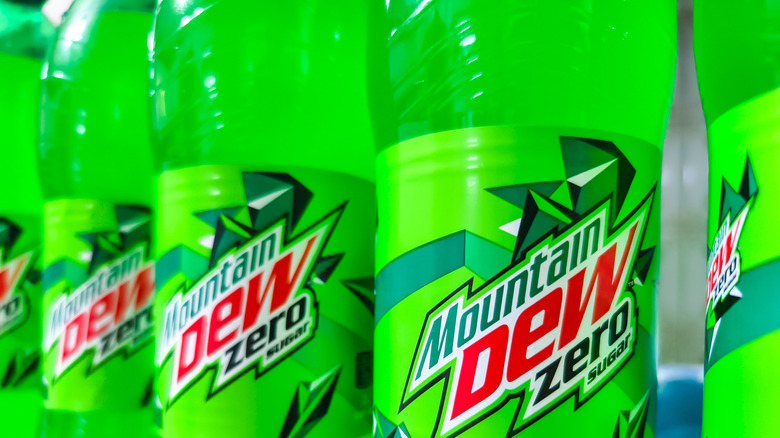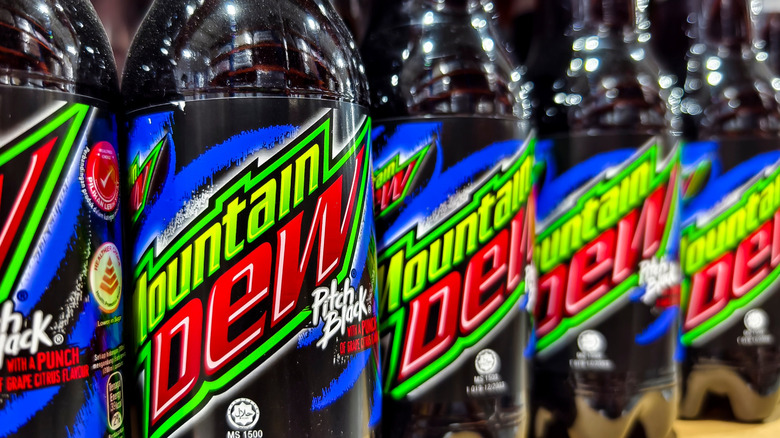Does Mountain Dew Really Contain A Flame Retardant Chemical?
Picture this: You're sipping on an ice-cold Mountain Dew, enjoying the vibrant citrusy zing, when someone pipes up, "Did you know that stuff has a flame retardant in it?" Cue the double take, the shock, and possibly, the spit take. This wild claim about the beloved neon soda has been circulating for years, causing more than a few raised eyebrows and second thoughts at the vending machine.
So where did this rumor start? It all comes down to brominated vegetable oil (BVO), a controversial ingredient that was once used in Mountain Dew, but no longer is. That's right, a single ingredient is the spark behind the "Mountain Dew contains flame retardant" rumor. The chemical, while not a flame retardant, shares similarities with compounds found in some flame-resistant products. That tidbit was enough to ignite a rumor that burned brighter than a Baja Blast craze. Here's the deal, though: Mountain Dew no longer contains BVO. The soda giant phased it out years ago, replacing it with safer alternatives. The myth might make for a great trivia night question, but it doesn't hold up in reality. So you can go ahead and buy that box of Baja Blast cans when you encounter it at the grocery store without any fear.
Brominated vegetable oil and the truth about Mountain Dew
Let's dive into the details of this fizzy controversy. Brominated vegetable oil (BVO) was once used in sodas like Mountain Dew to stabilize its citrus flavoring, preventing the oils from separating. While effective, BVO contains bromine, a chemical also found in flame retardants. This overlap sparked alarm, with many jumping to the conclusion that sipping Mountain Dew was akin to drinking liquid fireproofing. Rest assured, that is not true at all.
In reality, the BVO in beverages isn't the same as the bromine compounds used in flame retardants. Still, concerns about its potential health effects, like organ damage with excessive consumption, led to its removal from Mountain Dew and other sodas in 2020, saving it from a potential FDA ban. PepsiCo, the maker of Mountain Dew, replaced BVO with other stabilizers like sucrose acetate isobutyrate, which provides the same effect without the eyebrow-raising backstory.
Today, you can enjoy your Mountain Dew Baja Blast or any of the seemingly countless other flavors without worrying about flame retardants. The shift has only made the soda more appealing to fans, who now sip away fear-free. Rumors may spark flames, but in this case, Mountain Dew extinguished them with a new slate of ingredients.

